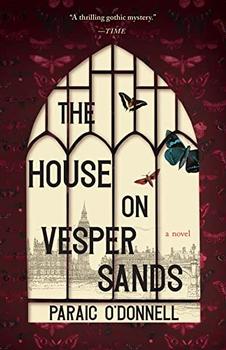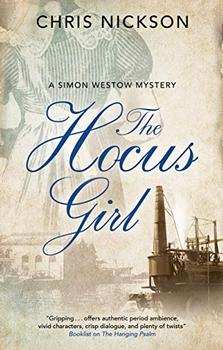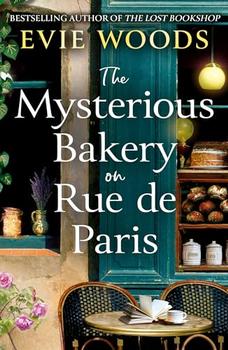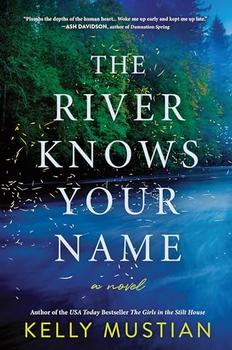Summary | Excerpt | Reviews | Beyond the book | Read-Alikes | Genres & Themes | Author Bio

Thomas De Quincey Mystery #3
by David MorrellThe notorious Opium-Eater returns in the sensational climax to David Morrell's acclaimed Victorian mystery trilogy.
1855. The railway has irrevocably altered English society, effectively changing geography and fueling the industrial revolution by shortening distances between cities: a whole day's journey can now be covered in a matter of hours. People marvel at their new freedom.
But train travel brings new dangers as well, with England's first death by train recorded on the very first day of railway operations in 1830. Twenty-five years later, England's first train murder occurs, paralyzing London with the unthinkable when a gentleman is stabbed to death in a safely locked first-class passenger compartment.
In the next compartment, the brilliant opium-eater Thomas De Quincey and his quick-witted daughter, Emily, discover the homicide in a most gruesome manner. Key witnesses and also resourceful sleuths, they join forces with their allies in Scotland Yard, Detective Ryan and his partner-in-training, Becker, to pursue the killer back into the fogbound streets of London, where other baffling murders occur. Ultimately, De Quincey must confront two ruthless adversaries: this terrifying enemy, and his own opium addiction which endangers his life and his tormented soul.
Ruler of the Night is a riveting blend of fact and fiction which, like master storyteller David Morrell's previous De Quincey novels, "evokes Victorian London with such finesse that you'll hear the hooves clattering on cobblestones, the racket of dustmen, and the shrill calls of vendors" (Entertainment Weekly).
The level of historical detail can't be beat. Although I've read many novels set in the Victorian period, I can't remember any that are as packed with information as Morrell's books, yet still remain entertaining. The series as a whole falls a bit short in the mystery department; in each case I found the denouement less than convincing and felt somewhat dissatisfied with the murderer's motives and actions. Hard-core mystery fans might find the books disappointing. However, historical fiction aficionados—particularly those interested in Victorian England—will very likely revel in the layers of detail in Ruler Of the Night...continued
Full Review
(629 words)
This review is available to non-members for a limited time. For full access,
become a member today.
(Reviewed by Kim Kovacs).
In Ruler of the Night, David Morrell uses the first murder on a train as the starting point for the mystery set in 1855. Such a tragedy didn't actually occur until 1864, however, and the historical facts of the case are quite different than those penned in the novel.
The world's first public railway to use steam locomotion opened in 1825 on a 25-mile stretch between Stockton and Darlington in the North of England. Less than 20 years later, over 6,000 miles of tracks had been built across Britain. By 1864, crimes such as luggage theft and robberies had become quite common. The public was beginning to believe that rail travel was unsafe.
On Saturday, July 9, 1864, the 9:50 p.m. train from Fenchurch Street on the North London Railway ...
This "beyond the book" feature is available to non-members for a limited time. Join today for full access.

If you liked Ruler of the Night, try these:

by Paraic O'Donnell
Published 2022
With all the wit of a Jane Austen novel, and a case as beguiling as any in Sherlock Holmes' casebook, Paraic O'Donnell introduces a detective duo for the ages, and slowly unlocks the secrets of a startling Victorian mystery.

by Chris Nickson
Published 2020
Thief-taker Simon Westow must save one of his closest friends from a grim fate at the hands of the government in this compelling historical mystery.



Show me the books he loves and I shall know the man...
Click Here to find out who said this, as well as discovering other famous literary quotes!